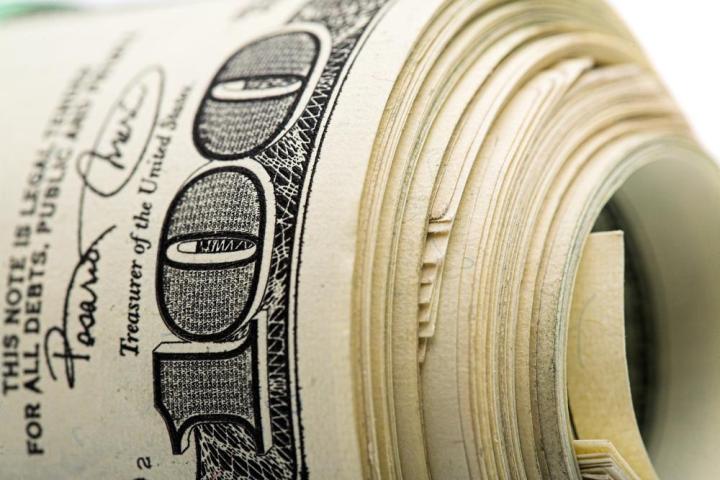
Take a quick look through the top 100 names in Forbes’ latest rich list, which was published this week, and as usual it’s populated by plenty of people from the world of tech. Despite seemingly doing his best to drop down the list by giving away lots of his lucre via his charitable foundation, Bill Gates is back in top spot after a four-year hiatus, with Forbes estimating the Microsoft co-founder to be worth a colossal $76 billion.
Mexican Carlos Slim Helu, who made his fortune through investments in the telecom industry, sits just behind Gates with a $72 billion fortune.

The next big tech name comes in at number 5, with Larry Ellison – co-founder and CEO of Oracle, the business hardware and software system provider – moving up one place from last year. He’s said to be worth $48 billion.
Google’s Larry Page and Sergey Brin take the number 17 and 19 spots respectively ($32.3bn/$31.8bn), while sandwiched in between at 18 is Amazon founder and boss Jeff Bezos with $32 billion.
Among all those in the list, it was Mark Zuckerberg (21st) who saw his wealth increase the most in the past 12 months. The Facebook founder’s fortune leaped $15.2 billion to $28.5 billion, a rise attributable to the soaring value of the social networking giant’s stock. This also helped Facebook COO Sheryl Sandberg into the list for the first time, with Forbes putting her wealth at just over a billion bucks.
Recently retired Microsoft CEO Steve Ballmer placed 36th with $19.3 billion, while Masayoshi Son, founder of Japanese telecom giant Softbank, sits just a few places behind in 42nd spot with a fortune estimated to be worth $18.4 billion.
Others from the tech industry who’re positively rolling in it include Michael Dell (48th/$17.5bn), Microsoft co-founder Paul Allen (56th/$15.9bn), Azim Premji of Indian software firm Wipro (61st/$51.3bn), and Chinese Internet entrepreneur Robin Li (91st/$12.1bn).
Forbes has been compiling a list of the world’s billionaires since 1987, when it contained just 140 names (it now runs at over 1500). Information on how the publication comes up with its valuations can be found here.
[Image: Vasiliy Koval / Shutterstock]


